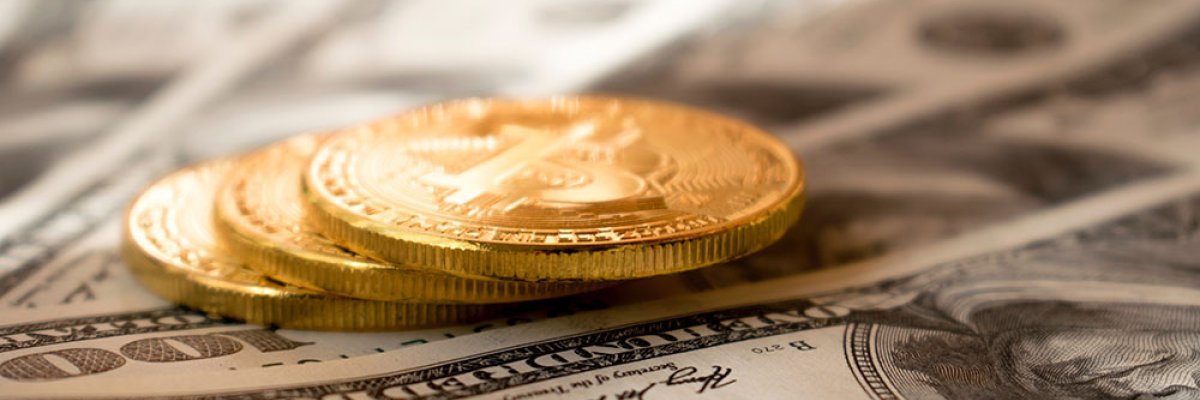
Rising interest rates affected the markets
05.03.2021
Steadily increasing expectations of both inflation and growth led to a record-strong rise in the long-term interest rates in February. This also affected the stock market.
In the month as a whole, the American S&P 500 Index rose by 2.8 per cent measured in USD, while the European Stoxx 600 Index climbed 2.5 per cent measured in EUR and the Nordic VINX Index ended the month up 1.8 per cent measured in NOK. Here in Norway, the Oslo Stock Exchange Benchmark Index (OSEBX) rose by 4.2 per cent.
Record increase in interest rates
US long-term interest rates have risen considerably since bottoming out at around 0.5 per cent in August. The interest-rate rise has accelerated in 2021, and so far this year the interest on 10-year US government bonds has increased by around 0.5 percentage points. This increase was particularly strong in February. Higher expectations of inflation as a result of rising commodity prices and new fiscal policy stimulus measures, as well as hopes that the economy will reopen, appear to be the drivers behind this upturn.
Strong sector rotation
The rise in interest rates has led to a rotation in the market, and growth shares have fallen in favour of more value-oriented shares. Especially shares linked to «the old economy», such as oil, airlines and finance, have risen strongly recently after under-performing for several years. In addition to the interest-rate hike, this type of share is driven by greater expectations of growth, particularly relating to the prospect of the economy reopening and the US authorities issuing new stimulus packages.
The central banks are the jokers
The long-term interest rates are a function of the prices of government bonds, but in the end the interest-rate level is determined by the central banks. There are so far few signs that the US central bank (FED) wants to increase the base rate in the near future. The FED also has the opportunity to keep the long-term interest rates low by buying more government bonds using newly printed money. If interest rates rise by too much, this may have a negative effect on the labour market, and we will probably see the central banks take action once again.
The road ahead ...
Future developments depend on a number of factors, including vaccinations, fiscal policy measures, and the monetary policy direction. In any case, it appears likely that the economic recovery after the pandemic will continue. This means that companies' earnings growth may increase, so shares still appear to be a good investment alternative.
Bitcoin is like anything else: it's worth what people are willing to pay for it.
Stanley Druckenmiller